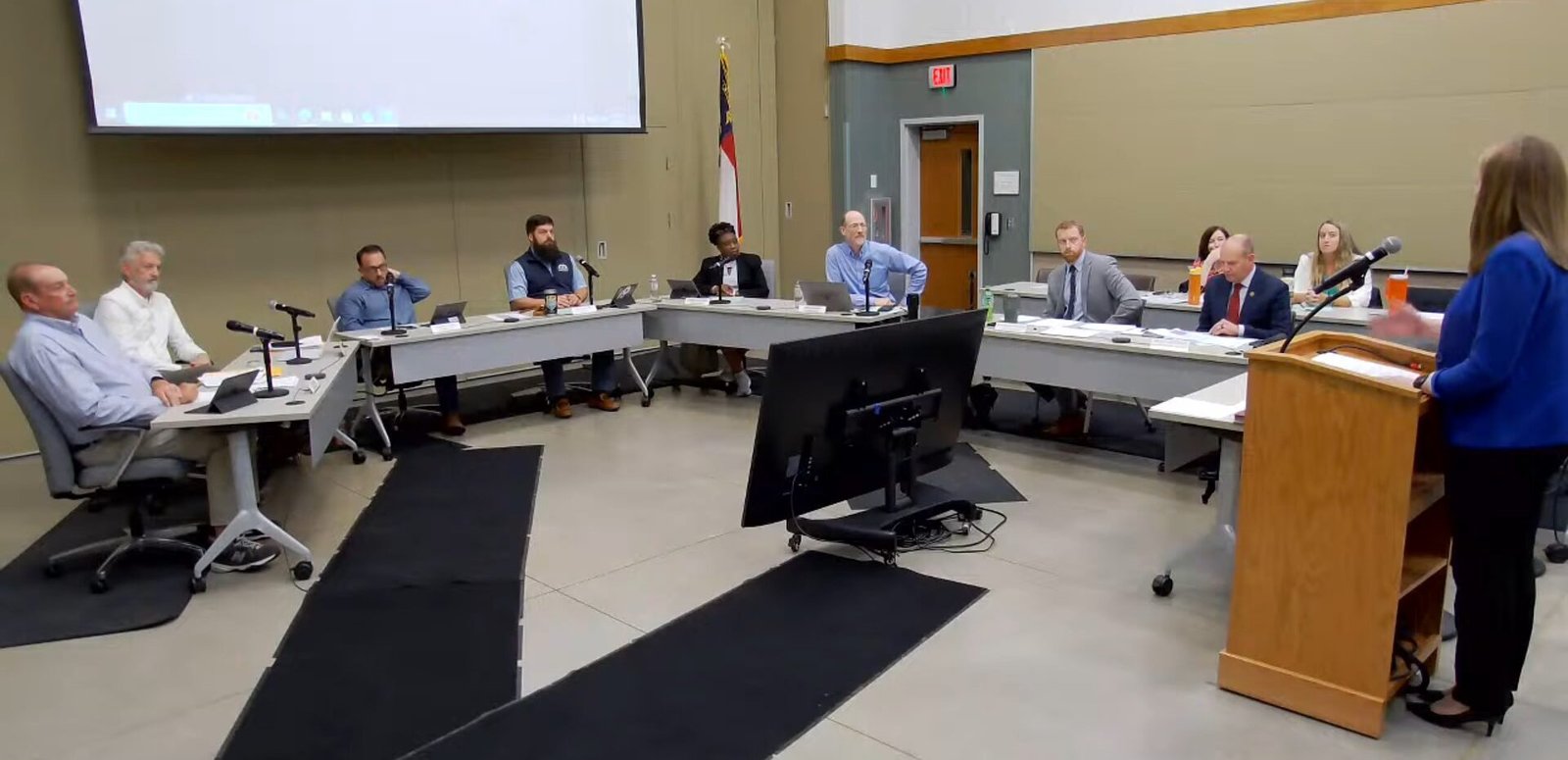AI Insights
Artificial Intelligence News for the Week of June 20; Updates from Campfire, Databricks, Precisely & More


Solutions Review Executive Editor Tim King curated this list of notable artificial intelligence news for the week of July 4, 2025.
Keeping tabs on all the most relevant artificial intelligence news can be a time-consuming task. As a result, our editorial team aims to provide a summary of the top headlines from the last week in this space. Solutions Review editors will curate vendor product news, mergers and acquisitions, venture capital funding, talent acquisition, and other noteworthy artificial intelligence news items.
For early access to all the expert insights published on Solutions Review, join Insight Jam, a community dedicated to enabling the human conversation on AI.
Artificial Intelligence News for the Week of July 4, 2025
Campfire Raises $35 Million for AI-Driven ERP
The round accelerates the company’s mission to redefine finance for the AI era—fueling deeper product development, major investments in GenAI, and expanded reach to serve more ambitious companies globally.
Databricks Intros New AI Governance Framework
As organizations embrace AI at scale, the need for formal governance grows. Enterprises must align AI development with business goals, meet legal obligations, and account for ethical risks. This framework is designed to support program development, deployment, and continuous improvement.
Datavault AI Joins White House Experience Council
Datavault AI was recently appointed to the White House Experience Advisory Council, a group established by the White House Historical Association to modernize how the Executive Mansion shares and preserves American history. This appointment positions Datavault AI alongside key leaders engaged in preserving and sharing national heritage through innovative technology.
Levelpath Raises $55 Million for Enterprise AI Procurement
Levelpath’s AI agents are embedded directly into the platform, enriched with supplier-centric context and designed to connect insights across processes, according to the release. The AI agents can autonomously handle sourcing event creation, supplier onboarding, risk assessments and other procurement challenges, the release said.
Precisely Adds New MCP Server to its AI Ecosystem
This launch builds on Precisely’s vision for an open, interoperable AI ecosystem for data integrity where trusted data is foundational. By connecting Precisely’s location and data APIs to leading large language model (LLM) interfaces, including Claude Desktop, an MCP server enables technical and non-technical users alike to develop AI-powered solutions in hours, not weeks.
Reltio Launches New MCP Server
Reltio MCP Server enables AI agents to connect directly to your trusted Reltio data and our platform APIs via the Model Context Protocol (MCP). This new capability is core to our agentic data fabric, enabling our platform to serve as a flexible AI-ready backbone for trusted, context-rich data across enterprise workflows.
Expert Insights

 Watch this space each week as our editors will share upcoming events, new thought leadership, and the best resources from Insight Jam, Solutions Review’s enterprise tech community where the human conversation around AI is happening. The goal? To help you gain a forward-thinking analysis and remain on-trend through expert advice, best practices, predictions, and vendor-neutral software evaluation tools.
Watch this space each week as our editors will share upcoming events, new thought leadership, and the best resources from Insight Jam, Solutions Review’s enterprise tech community where the human conversation around AI is happening. The goal? To help you gain a forward-thinking analysis and remain on-trend through expert advice, best practices, predictions, and vendor-neutral software evaluation tools.
Take the Tech Leader Survey – Spring 2025 Now
In partnership with Skiilify Co-Founder and distinguished Northeastern University Professor Paula Caligiuri, PhD, we’ve just launched our latest enterprise tech leader Survey to uncover how thought leaders are thinking about disruption in this AI moment.
For consideration in future artificial intelligence news roundups, send your announcements to the editor: tking@solutionsreview.com.
AI Insights
Artificial Intelligence Consultant Ashley Gross Shares Details on Pittsboro Commissioner Candidacy

Among the eight candidates looking to connect with voters in Pittsboro this fall is Ashley Gross, an artificial intelligence advocate, consultant and course creator.
Gross filed to run for the town government’s Board of Commissioners in July, joining a crowded race to replace the outgoing Pamela Baldwin and James Vose. A resident of the Vineyards neighborhood of Chatham Park, she works as a keynote speaker and consultant for businesses looking to learn more about AI practices in the emerging technology space, leading her own consulting company and working as the CEO of the organization AI Workforce Alliance.
In an email with Chapelboro, Gross described herself as “a mom who loves this little corner of the world we call home” and committed to the area. When describing her motivation to run — in which she incorrectly stated she was running for a county commissioner seat — she said helping the greater Pittsboro community feel connected and supported with a variety of resources is key amid the town’s ongoing growth.
“I see the push and pull between people who have called Chatham home for generations and those who are just discovering it,” Gross said. “I believe that our differences are not barriers. They are opportunities to learn from each other. My strength is sitting down with people, even when we disagree, and finding the common ground we share. I am a researcher and an experimenter by nature, and I have seen that the most successful communities are built when people come together around shared interests and goals. That is the kind of leadership I want to bring, one that unites us instead of dividing us.”
Gross cited uplifting small businesses to help maintain the local economy as a key priority, as well as public safety and investments into local infrastructure.
“Safe roads, modern emergency response systems, and preparation for the weather risks we face mean families can feel secure no matter what comes our way,” she said. “And as we grow, I will focus on smart development that keeps our small town character intact while building the infrastructure we need for the future.”
Other priorities the Pittsboro resident listed as having strong local schools, improving partnerships with local colleges and expanding reliable internet to each home and business — all issues that fall more under the purview of the Chatham County government more than the town government.
When describing what she is looking forward to during her campaign for Pittsboro’s Board of Commissioners, Gross wrote that she wants to hear directly from residents about their “concerns, hopes and ideas” while listening and using “data and common sense” to inform her policy decisions.
“Every choice I make,” Gross wrote, “will be guided by a simple question: will this keep our families safe, connected, and thriving? At the end of the day, I am just a mom who believes Chatham is at its best when we work as one community, where families stay close, opportunities grow here, and every neighbor feels they belong.”
Gross will be on the ballot along with Freda Alston, Alex M. Brinker, Corey Forrest, Candace Hunziker, Tobais Palmer, Nikkolas Shramek and Tiana Thurber. The top two commissioner candidates to receive votes will serve four-year terms on the five-seat town board alongside Pittsboro Mayor Kyle Shipp — who is running unopposed for re-election.
Election Day for the 2025 fall cycle will be Tuesday, Nov. 4, with early voting in Chatham County’s municipal elections beginning on Thursday, Oct. 10.
Featured image via Ashley Gross.
Chapelboro.com does not charge subscription fees, and you can directly support our efforts in local journalism here. Want more of what you see on Chapelboro? Let us bring free local news and community information to you by signing up for our newsletter.
Related Stories
AI Insights
Google AI Model Uses Virtual Satellite to Map Earth

Google DeepMind introduced a new artificial intelligence model that captures the vivid details of the Earth’s surface, which helps scientists and governments make better decisions about the land and sea.
AI Insights
Artificial intelligence to make professional sports debut as Oakland Ballers manager – CBS News
-

 Business1 week ago
Business1 week agoThe Guardian view on Trump and the Fed: independence is no substitute for accountability | Editorial
-
Tools & Platforms4 weeks ago
Building Trust in Military AI Starts with Opening the Black Box – War on the Rocks
-

 Ethics & Policy1 month ago
Ethics & Policy1 month agoSDAIA Supports Saudi Arabia’s Leadership in Shaping Global AI Ethics, Policy, and Research – وكالة الأنباء السعودية
-

 Events & Conferences4 months ago
Events & Conferences4 months agoJourney to 1000 models: Scaling Instagram’s recommendation system
-

 Jobs & Careers2 months ago
Jobs & Careers2 months agoMumbai-based Perplexity Alternative Has 60k+ Users Without Funding
-

 Education2 months ago
Education2 months agoVEX Robotics launches AI-powered classroom robotics system
-

 Podcasts & Talks2 months ago
Podcasts & Talks2 months agoHappy 4th of July! 🎆 Made with Veo 3 in Gemini
-

 Funding & Business2 months ago
Funding & Business2 months agoKayak and Expedia race to build AI travel agents that turn social posts into itineraries
-

 Education2 months ago
Education2 months agoMacron says UK and France have duty to tackle illegal migration ‘with humanity, solidarity and firmness’ – UK politics live | Politics
-

 Podcasts & Talks2 months ago
Podcasts & Talks2 months agoOpenAI 🤝 @teamganassi










